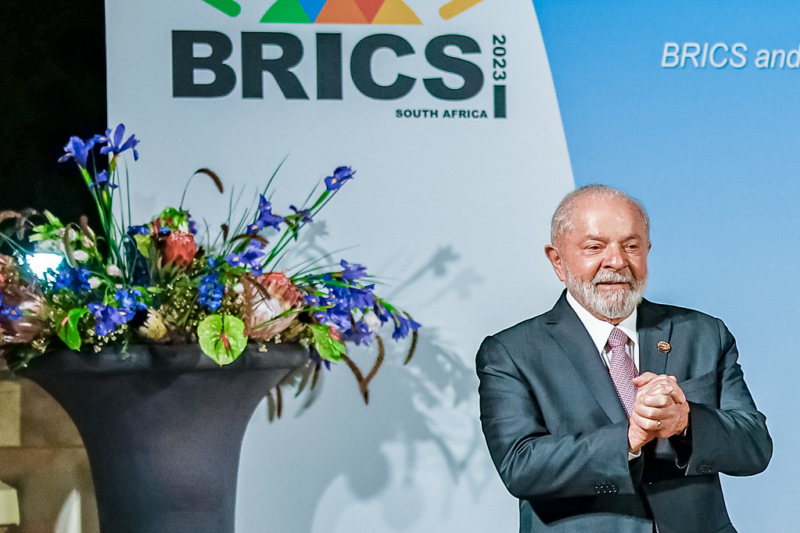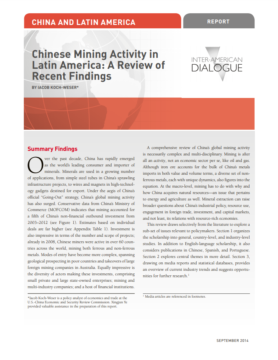The Politics Of Disaster Relief
After a 7.0 magnitude earthquake struck Haiti, the aftershock reached China in ways that few anticipated.The earthquake forced Chinese leaders to navigate the tricky politics of disaster relief.
The recent BRICS Summit in South Africa garnered more international attention than any other since the bloc’s inception in 2009. Controversy surrounding Russian President Vladimir Putin’s possible attendance featured in early coverage of the event after the International Criminal Court issued a March 2023 warrant for his arrest. The prospect of BRICS expansion – beyond Brazil, Russia, India, China, and South Africa — was another source of considerable pre-summit speculation and post-summit analysis, as those left out of the now-expanded grouping reflect on the decision. Of the many interested prospective members, invitations were only extended to Argentina, Egypt, Ethiopia, Iran, Saudi Arabia, and the United Arab Emirates, with the expectation that these countries will agree to join the group in January 2024.
Beyond these developments, there was much talk — and a flurry of reporting — on prospects for a common BRICS currency or else a common trading system that eschews the US dollar. Brazilian President Luiz Inácio Lula da Silva espoused the benefits of a bloc-wide currency, while Russia‘s Putin decried dollar dominance in his video address to the group, blaming US sanctions for global economic volatility and assuring fellow BRICS members that an “objective, irreversible process of de-dollarization of our economic ties is gaining momentum.”
[…]
After a 7.0 magnitude earthquake struck Haiti, the aftershock reached China in ways that few anticipated.The earthquake forced Chinese leaders to navigate the tricky politics of disaster relief.
Despite reports in recent months that Mexican manufacturing is experiencing a resurgence, Mexico’s industrial sector faces tremendous challenges.
China has rapidly emerged as the world’s leading consumer and importer of minerals.
 Flickr | CC BY-ND 2.0
Flickr | CC BY-ND 2.0
